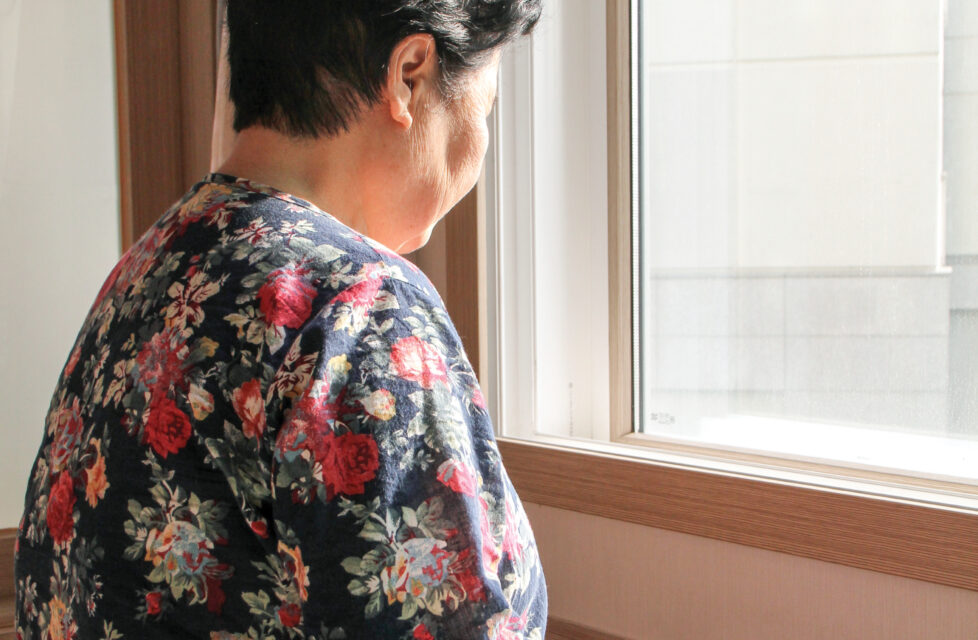When North Korea was established as an independent nation after World War II, its leader, Kim Il Sung, outlawed all religions except the worship of himself as the “Great Leader.” Churches were destroyed, Bibles were confiscated and teaching children about Jesus became very dangerous. For Hae-won, however, gospel seeds planted at an early age would not remain dormant. Something roused 10-year-old Hae-won from her sleep. When she raised up from her sleeping mat and looked around the one-room apartment, her eyes fixed on her grandfather’s white hanbok (traditional Korean clothing) glowing in the moonlight. His legs were crossed, his eyes were closed and he was swaying back and forth. “How strange,” she thought as she watched his quiet movements. “That must be something old people do.” It was the early 1960s, more than 10 years after Kim Il Sung’s communists had taken control of North Korea, and decades would pass before Hae-won would learn the significance of what her grandfather was doing that night. Gospel Seeds As a young girl, Hae-won struggled to understand the conversations she overheard between her two grandfathers. They frequently used unfamiliar terms like resurrection, second coming and Red Sea, terms her teachers never used at
Read MoreJong-su grew increasingly nervous as she sped away from the North Korean border in the smuggler’s vehicle. She had crossed the Yalu River into China the previous night, after her boyfriend had threatened to report her illegal trading business because she had rejected his marriage proposal. If convicted of illegal trading in North Korea, she faced the possibility of 15 years to life in a concentration camp. Although Jong-su also had a legitimate job, the devastating famine that had begun in 1993 as well as her country’s poor economic policies meant she had to earn additional money illegally or starve. “Leave the country for two years,” her mother insisted, hoping Jong-su could return after her boyfriend got over his anger. Taking her mother’s advice, Jong-su turned to the only person she knew who could help her — a next-door neighbor who was in the smuggling business. The neighbor assured her that she could arrange to smuggle her into China and that Jong-su could live near the North Korean border so she could occasionally see her mother. In addition to leaving her family behind, Jong-su was sacrificing the honor of singing for Kim Jong Il twice a year in Pyongyang. Her
Read More

